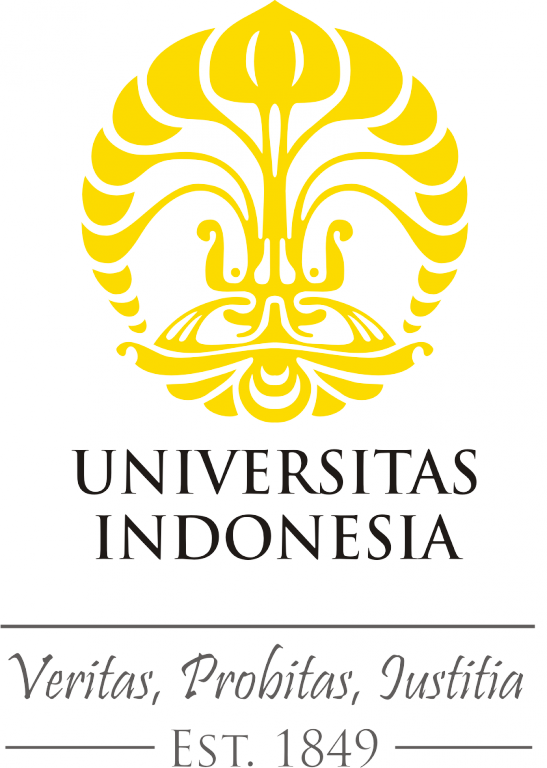Intelligence 101
Type: Buku


| Call Number | SEM-354 |
| Collection Type | Indeks Artikel prosiding/Sem |
| Title | Environmental Performance Evaluation Based on Fuzzy Logic |
| Author | Hasanali Aghajani; Abbas Namdar Aliabadi; Hossein Nazoktabar; |
| Publisher | 2011 international conference on social science and humanity february 26-28, 2011 singapore volume 1 proceedings (ICSSH) |
| Subject | |
| Location |
| Nomor Panggil | ID Koleksi | Status |
|---|---|---|
| SEM-354 | TERSEDIA |